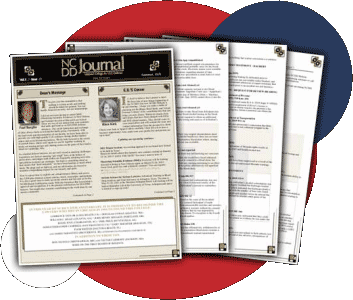- The ABA’s Concise Guide to Lawyer Specialty Certification
- The Benefits of a Lawyer Being a Board-Certified Specialist
- Benefits to Become Board Certified - ABA Video
- Board Certified Members
- How to Become Board Certified in DUI Defense Law
- Apply for Certification
- Apply for Re-Certification Renewal
- Board Certified Senior Specialist
- Rules Governing Board Certification
- Preparing for the Exam
NCDD To Offer Public Defender Training in Wyoming
Posted on August 11, 2018 in Uncategorized

The National College for DUI Defense, Inc. is proud to announce that on Friday, February 6, 2015 we will be providing a training for public defenders at no charge to the participants in Caspar, Wyoming. Fellow Les Hulnick will demonstrate how to attack field sobriety tests and teach how to cross-examine the arresting officer. Regent Doug Murphy will show attendees how to contest breath test evidence and explain how to attack DRE evaluations. NCDD Faculty Member Erin Gerstenzang will instruct attendees in how to handle a blood test, and perform a model cross-examination of the law enforcement officer. Sustaining Member Mike Vang (who organized this seminar) will speak on Wyoming-specific pretrial motion issues. For registration information, please contact Diane Lozano, Wyoming State Public Defender, at diane.lozano@wyo.gov.
If you are interested in having a public defender training set up in your state, please send me an e-mail at joestlouis@azdefense.com. As the Chair of NCDD's Public Defender Education Committee, I would be happy to help organize a seminar.
Find an Attorney
Enter your city, state, or Zip code below to locate a qualified attorney who has demonstrated a commitment to defend those accused of DUI and related crimes.








